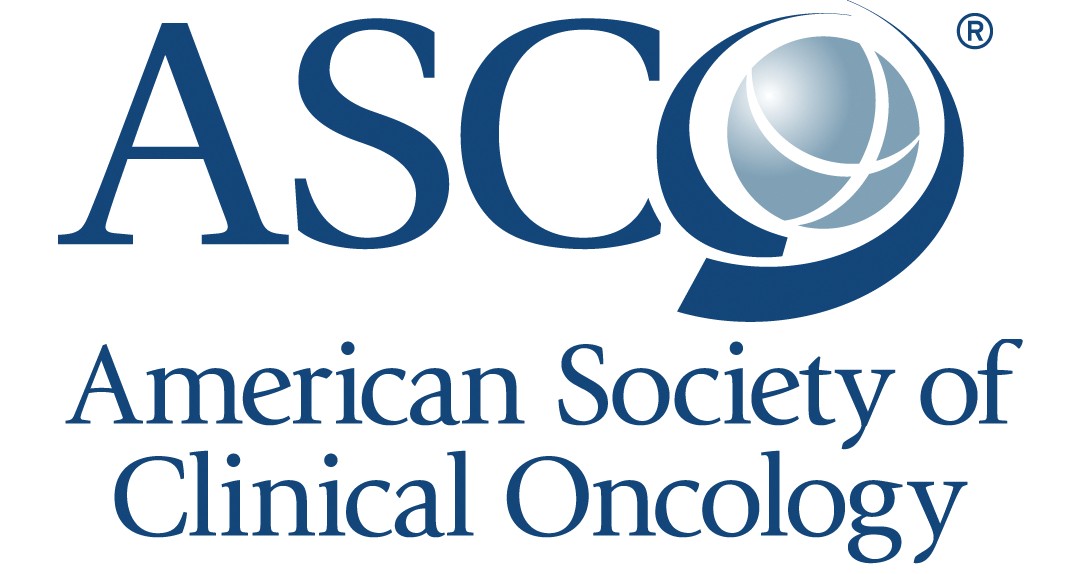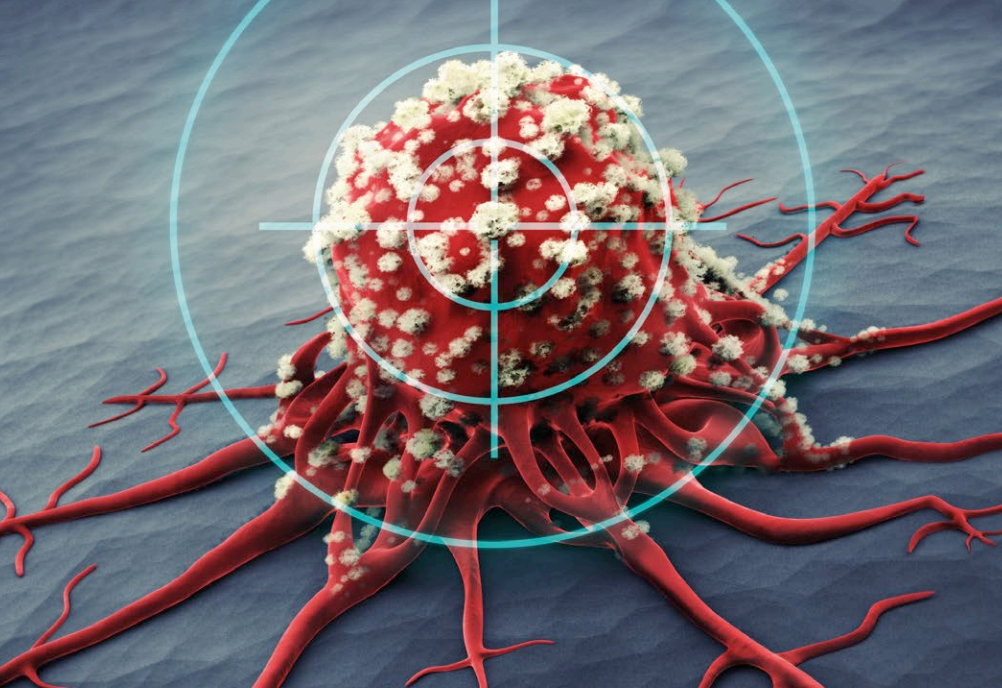Share this Page:
In a study presented during the 2020 American Society of Clinical Oncology (ASCO) Virtual Scientific Program, the tyrosine kinase inhibitor (TKI) savolitinib was shown to be more effective and safer than sunitinib as a treatment for people with papillary renal cell carcinoma (RCC).
Papillary renal cell carcinoma accounts for approximately 15% of all RCC, making it the most common type of non-clear cell RCC. Savolitinib is a tyrosine kinase inhibitor that is highly targeted to MET, a receptor which is found on some cancer cells. Some patients with papillary RCC have the MET receptor – this study looked at patients pre-selected for the MET gene.
A total of 254 papillary RCC patients were screened for treatment, but only 60 were found to have the MET gene. These patients were randomised to savolitinib (33 patients) or sunitinib (27 patients).
Median progression-free survival for patients in the savolitinib group was 7.0 months compared to 5.6 months for patients in the sunitinib group. Overall survival was not reached for savolitinib and was 13.2 months for sunitinib.
Patients on savolitinib also experienced fewer serious or life-threatening adverse events and needed fewer dose modifications than patients on sunitinib. Severe or life-threatening adverse events occurred in 42% of patients on savolitinib compared to 81% in the sunitinib group. The most common adverse events for the savolitinib group were peripheral oedema (33%), changes in blood test results (alanine aminotransferase increase [24%], aspartate aminotransferase increase [24%]), and shortness of breath (21%). For sunitinib, the most common adverse events were anaemia (44%), nausea (33%), and decreased appetite (30%).
Because of the low response rate (9 patients in the savolitinib group, 2 patients in the sunitinib group), it was not possible to calculate the median duration of response for the patients in this study.
In conclusion, the small numbers of patients in this study and the early termination of the study make it difficult to draw any firm conclusions from these results, and further research is needed for papillary RCC patients and savolitinib.













